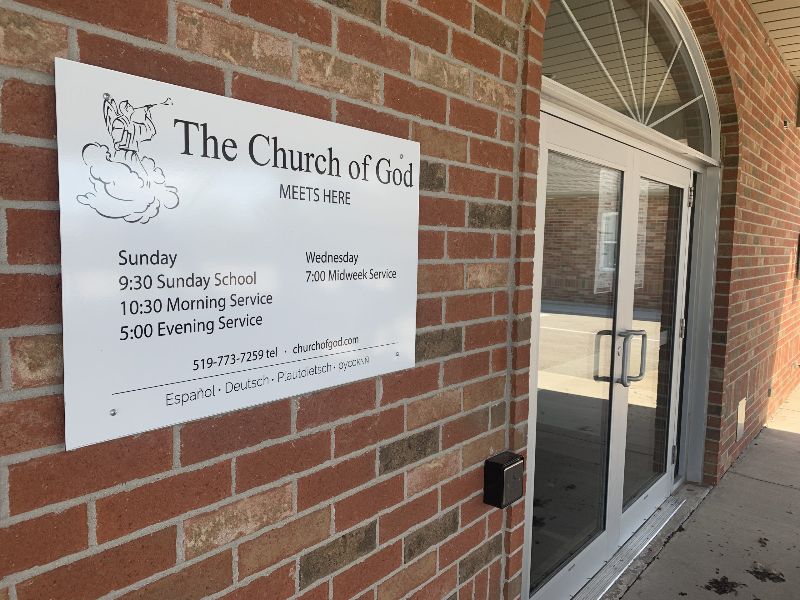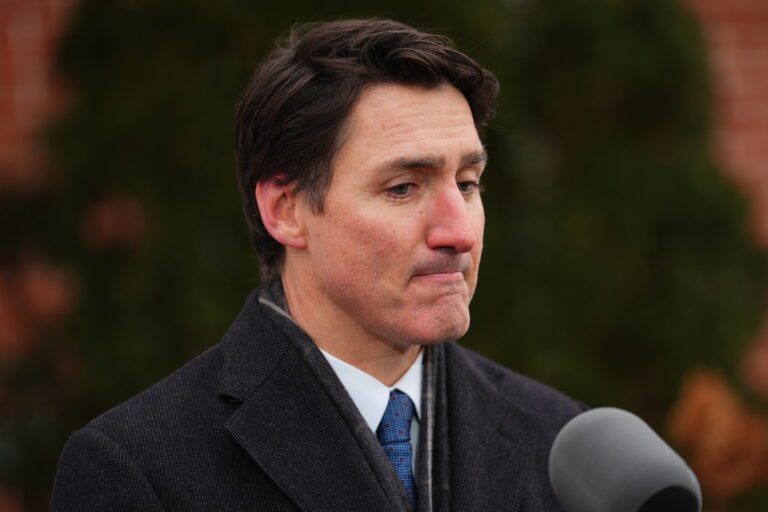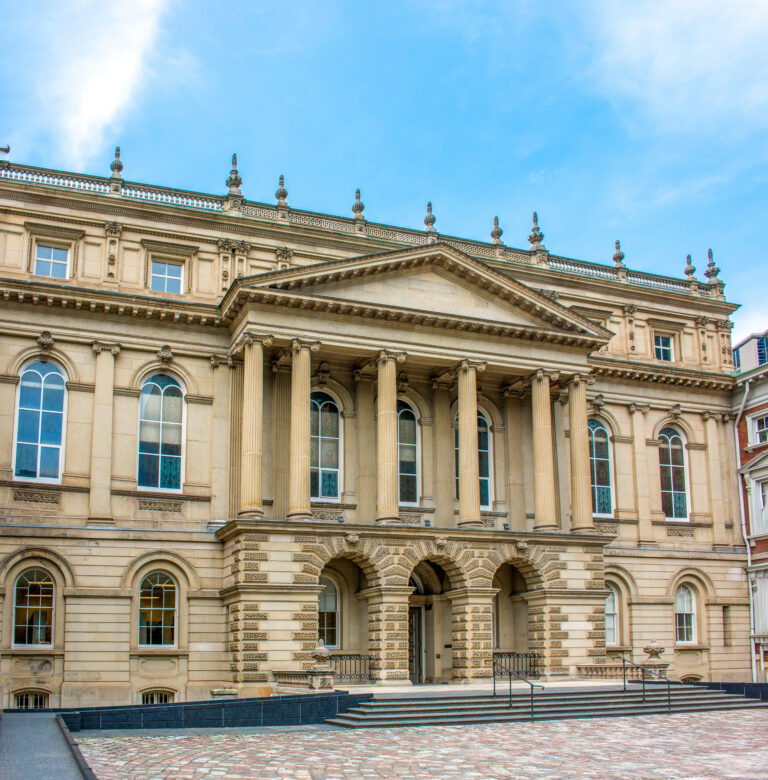TORONTO: The Justice Centre announces that the constitutional challenge to Ontario’s gatherings restrictions, including the 10 person limit on outdoor and indoor gatherings, will be heard in the Ontario Court of Appeal, December 20-21, 2022, beginning at 10 a.m. Eastern, at Osgoode Hall, 130 Queen Street West, Toronto, Ontario.
Restrictions on gatherings were first imposed using the Province’s powers under the Emergency Management and Civil Protection Act, commencing March of 2020. In July, when the state of emergency ended, the Province transferred its emergency powers into new legislation, called the Reopening Ontario Act. The orders restricting gatherings to only 10 people were made under this Act.
The Reopening Ontario Act, like all Canadian laws, must comply with the Canadian Charter of Rights and Freedoms, which guarantees citizens that government will not infringe their right to peaceful assembly and religion, among other fundamental freedoms. The onus is on government, not citizens, to show that the violation of Charter freedoms is “demonstrably justified.” Where there is a pressing and substantial concern, such as a declared public health emergency, reasonable restrictions may be imposed, but governments are required to violate Charter rights and freedoms as little as possible, only to the extent necessary to protect public health.
The parties challenging gathering restrictions include Pastor Henry Hildebrandt and the Aylmer Church of God, who initially gained the attention of police for holding drive-in services. The Church of God was subsequently ordered to pay $274,000 in fines and costs for allegedly violating gathering limits, including three outdoor services held in May and June 2021.
The Appellants’ Factum notes that the risk of outdoor transmission is negligible. According to Ontario’s own expert witness, Dr. Zain Chagla:
- outdoor religious gatherings are safe, whether there are 10 COVID cases a day or 10,000, regardless of variants of concern
- the Outdoor Restrictions may have increased COVID transmission by encouraging clandestine gatherings in small indoor spaces where transmission risks are much higher
- restrictions on outdoor gatherings are not justified or appropriate from a public health perspective.
Trinity Bible Chapel in Waterloo, its pastor Jacob Reaume, and other church members, are also appellants before the Court of Appeal. When Ontario locked down houses of worship in December 2020, Trinity Bible Chapel with a large 900-seat auditorium, could not in good conscience close its doors to parishioners. The 10 person limits were imposed on worship services, while essential retail was permitted 50% capacity with physical distancing. Trinity Bible Chapel received hundreds of thousands of dollars in fines and legal costs and were locked out of their church building by court order for several months.
With legal counsel provided by the Justice Centre, the Churches both challenged the gathering restrictions for violating the fundamental freedoms of conscience, religion, expression, peaceful assembly, and association, guaranteed by the Canadian Charter of Rights and Freedoms in a manner that could not demonstrably be justified in a free and democratic society. They argued that the harms caused by the gathering restrictions far outweighed any benefit they provided, and that they must be struck down.
The motions for each of the Churches were heard together in the Superior Court of Justice at St. Thomas, Ontario by the Honourable Justice Pomerance via videoconference, over three days from January 31 to February 2, 2022. Pomerance J. issued her decision dismissing the Churches’ motions on February 28, 2022.
On Appeal, counsel for the Appellants, Rob Kittredge and Hatim Kheir, argued that Pomerance J. erred by:
- improperly assessing and weighing the expert evidence
- disregarding consideration of the freedoms of expression, peaceful assembly and association
- misapplying the Oakes test to find the gathering restrictions as justified.
“The Charter states that Canadians are guaranteed the right to a robust set of freedoms, including assembly and expression. These are not meant only to be words, but are to be given practical effect by the Courts, even if inconvenient for the state. The last few years have seen a flurry of new and once inconceivable draconian laws. Unfortunately, Canadian Courts have so far been unwilling to rebuff our legislatures by declaring these newfound state powers unconstitutional. The Courts can and should roll-back government overreach and restore our constitutional guardrails.” states Jorge Pineda, a lawyer who worked on this case.








